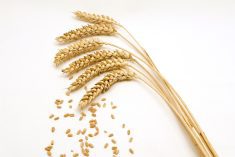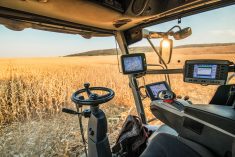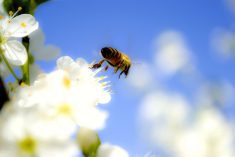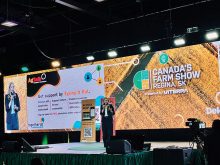Foreign investors must avoid provoking resentment as they buy and lease farmland from developing nations by using local manpower instead of industrialized agriculture, the head of a UN body said.
Investors, mostly from the Gulf Arab region and South Korea, began buying and leasing farmland in developing countries in Africa and Asia to cut their dependence on imports of staples as commodity prices surged towards record peaks in 2008.
Such deals have raised concern over the impact on local farming communities, which, in many cases, rely on agriculture as a means of meeting their own food needs, rather than as a revenue-generating activity.
Read Also

KAP flags risky trade for Manitoba farmers
Tariffs, market access uncertainty, trade diversification and export infrastructure top the agenda at Keystone Agricultural Producers (KAP) annual meeting.
“Use the (local) farmers themselves… When you bring highly commercialized, industrial sorts of investments, you displace communities and this is where there is resentment,” Kanayo Nwanze, president of the United Nat ions’ Internat ional Fund for Agricultural Development (IFAD) told Reuters in an interview in Jeddah.
“There is a win-win situation here with investments that recognize the role of the smallholders and their land rights.”
IFAD plans to finance and co-finance agricultural projects worth $7.5 billion to help farming communities and engage farmers in developing nations over the next three years.
But less than half that amount – or $3 billion – has so far been pledged by IFAD member states.
“They (donors) have already pledged and some have already paid part of it, some will pay in installments… We have received instruments of contribution of about 88 per cent of the pledges,” Nwanze said.














